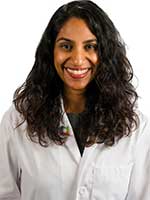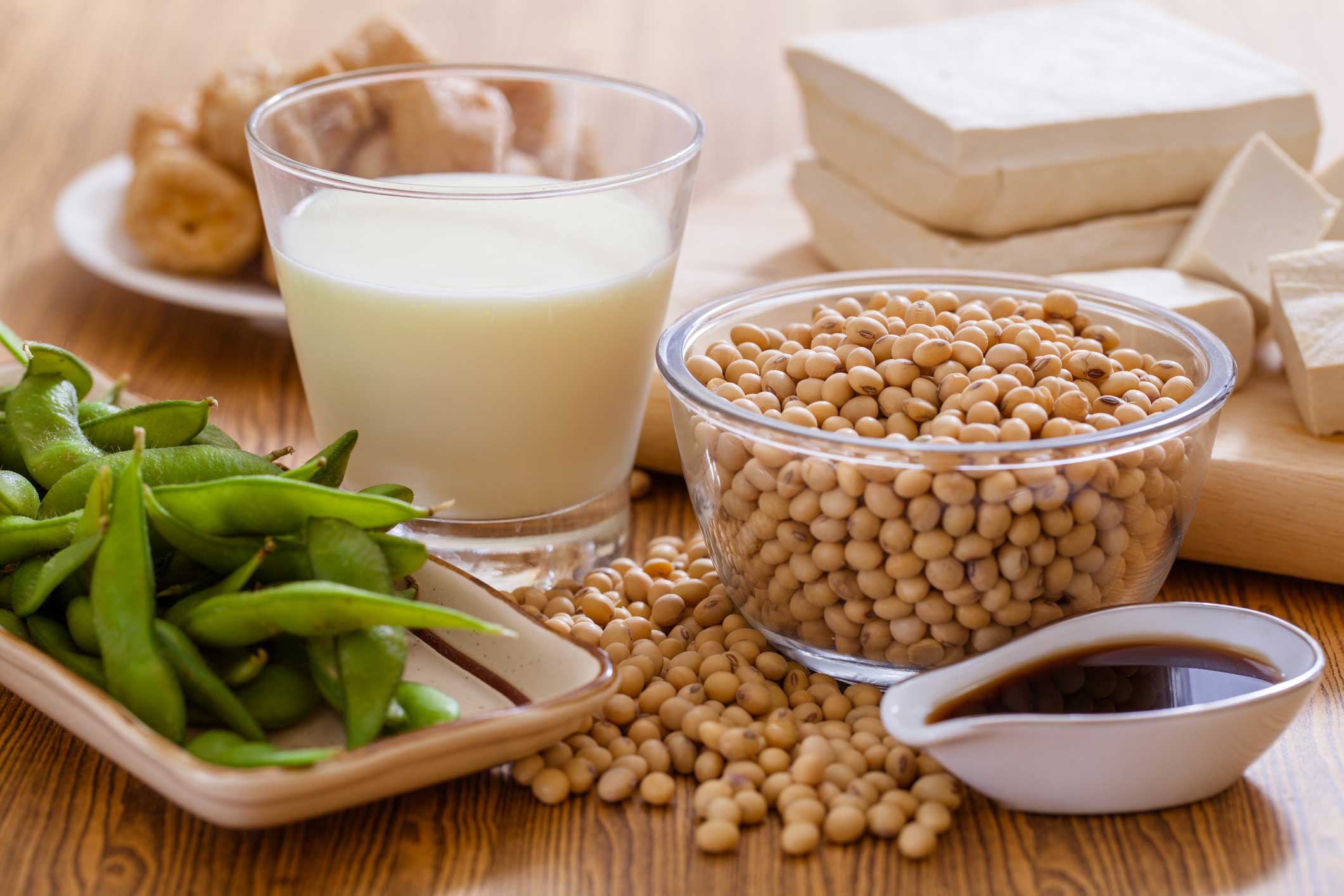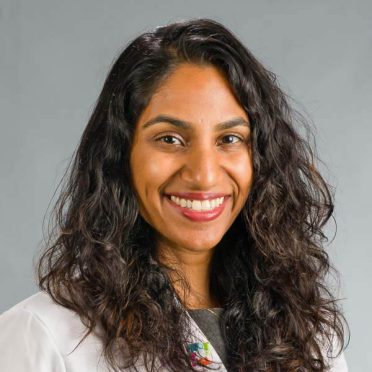
October is National Breast Cancer Awareness Month, when awareness is raised about the importance of early detection screenings, including mammograms, and breast health education.
Many may wonder what role nutrition plays on breast cancer risk. Over the years, soy-based foods and their association to breast cancer has generated a lot of attention. Why? It’s mostly due to soy-based products such as tofu, soy milk and edamame, for example, becoming a staple in the American diet for those who want to reduce or eliminate meat.
It is not uncommon for women to have been told to avoid soy foods if they have breast cancer or risk of breast cancer. Here’s why. Most women diagnosed with breast cancer have estrogen-sensitive breast cancer, which means estrogen stimulates the growth of cancer cells. Because soy foods have rich sources of compounds called isoflavones that mimic estrogen’s effects in the body, it has created valid concerns among consumers about whether soy foods stimulate further cancer growth.
Here are some common questions about soy consumption:
Q: Does eating soy increase my risk for breast cancer?
A: There is a steady stream of studies that showed soy products do not increase the risk of breast cancer. But most of the studies were performed in Asian countries where women eat much more soy, significantly less meat and begin eating soy at a much younger age than people in Western countries.
Q: What if I have been diagnosed with breast cancer and am taking hormonal therapy: Can I still have tofu or edamame?
A: Many doctors may recommend women who take hormonal therapy or who have estrogen-receptor-positive breast cancer to avoid soy supplements because of high concentrations of isoflavones. But if consumed in moderate amounts, it is acceptable. A moderate amount of whole soy foods is up to three daily servings. Examples of a single serving: 1 cup of soy milk, 1/2 cup of edamame or 1/3 cup of tofu.
Q: Does soy consumption cause a recurrence of breast cancer?
A: A study performed with 5,000 Chinese women diagnosed with breast cancer suggests that a diet rich in soy may offer some protection against recurrence.
While eating soy foods doesn’t seem to pose a risk, the evidence regarding the effects of taking soy or isoflavone supplements is not clear. If you have more questions about whether you should consume soy foods or how much soy is acceptable for you, speak with your physician or registered dietician for further guidance.
Dr. Devika Umashanker is an Obesity Medicine Specialist at Hartford Healthcare Medical Group.


